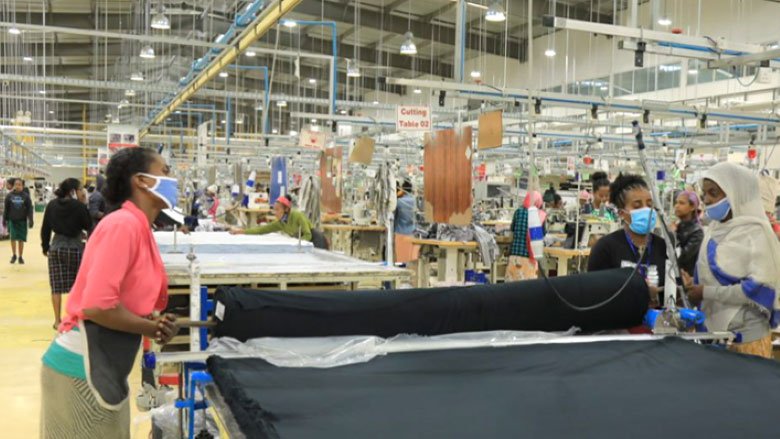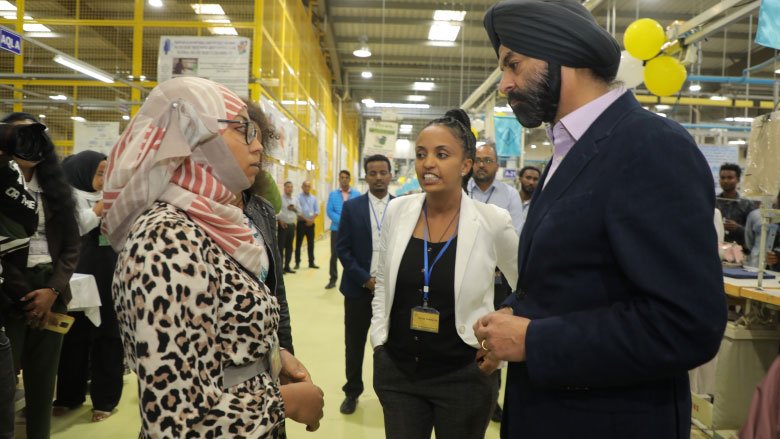Ethiopia's rapidly growing young population (60% of Ethiopians are under 30) presents a significant employment challenge. Each year, 2 million new job seekers enter the market, creating a quandary for the government—how to meet this enormous demand for employment. Over the past years, the Government of Ethiopia (GoE) has set up several industrial parks to encourage foreign direct investment into the manufacturing sector with the goal being to attract investments, create jobs, boost foreign exchange earnings, promote sustainable manufacturing, establish linkages, and facilitate technology transfer.
The World Bank-supported Competitiveness and Job Creation Project for Ethiopia (CJCP) played a significant role in this process until its closing in May 2023. It supported the development of the legal and institutional framework for the government’s industrial park (IP) program, placing emphasis on investor-centric services such as One-Stop-Shops, aftercare services, and customer tracking systems.
Bole Lemi 2 and Kilinto—two of the newly established IPs financed by the project—have generated significant outcomes: creation of 19,000 jobs, $118 million in private investment mobilized from leveraging the $425 million from the World Bank, generation of over $180 million in sales, and training of more than 7,800 people in soft and technical skills. The employment created benefitted predominantly women (66%) aged 18 to 25, a group for which employment is typically associated with a range of positive societal and economic spillovers but who currently experience nearly double the unemployment levels in the wider population in Ethiopia.
“This job has taught me a lot of important lessons. I now have skills; I have learned the importance of time and people management. My plan is to start my own business using the skills I obtained over the last six years,” said Kedija Ahmed, a Line Supervisor at a garment factory in Bole Lemi Industrial Park II. She started as a production line worker and worked her way up to supervisor. Kedija’s life has been transformed by her steady job, allowing her to now pursue higher education at night.
A transformative shift occurred with the introduction of a ‘Business-to-Business’ linkage program, complementing standalone Small and Medium-sized Enterprises (SMEs) development efforts. This initiative supported 43 local SMEs through matching grants and technical assistance. Thirty-two of these forged new business partnerships with large firms operating within the IPs. The B2B program opened new markets (new buyers and increased orders), enhanced the technical capacity and compliance of the SMEs, and helped create more jobs, as a result of the increased business and orders.
The project also championed environmentally and socially responsible practices such as solar lighting and on-site childcare for working mothers, and actively supported the project-affected communities through the provision of schools, childcare, basic infrastructure, and livelihood assistance.
Another young lady who was provided with employment opportunities at the garment factory also shared her story with President Banga. Misayenesh, who did not complete high school, due to difficult family circumstances, was able to obtain a reliable job doing sewing at the Bole Lemi Industrial Park. The positive economic and social impacts of her having this job are clear to see. She now has a brighter future and can help support her family and the country’s economic growth and development.


